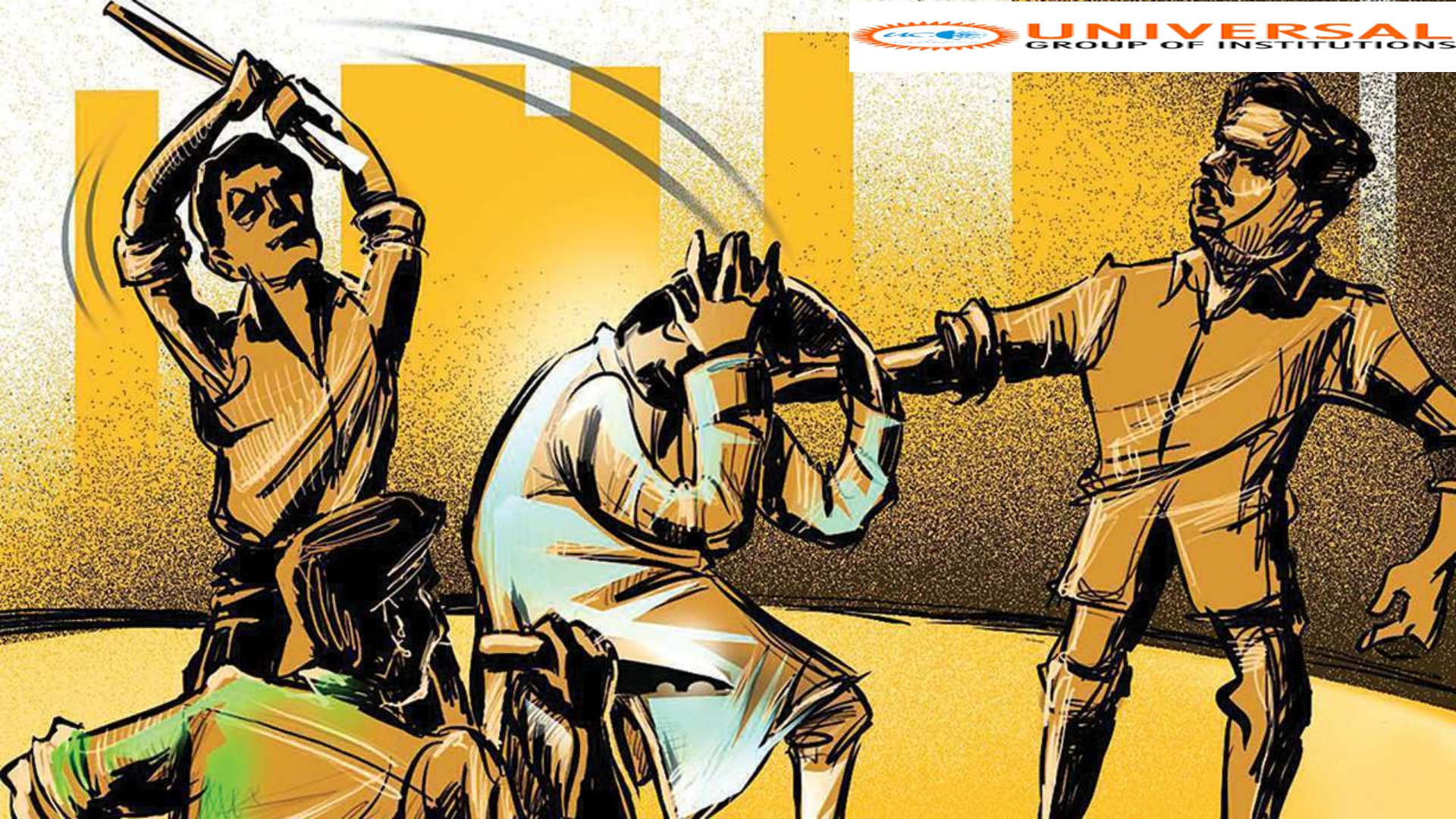It is not only the destruction of law and order that is perpetrated by mob violence but also the malignation of society’s history and civics. Comment.
- There has been a spate of mob lynchings in recent times on mere suspicion of beef-eating, child kidnapping etc. in various parts of the country, fuelled by agency of social media, fake news, increased radicalisation and fanaticism in society, apathetic or incapable administration and a mercurial population.
- These events have raised questions on not only the institutional capacity to enforce law and order but wider questions regarding history and civics of Indian society, its social fabric and spirit of tolerance, brotherhood.
- It is the state’s responsibility to enforce rule of law rather than people enforcing vigilantism resulting in mob violence. Moreover, state agencies should be proactive against any such vigilantism and prevent such crimes at first instance.
- However, the problem of mob violence has continued to grow due to the following reasons:
- Complicity or indifference of law enforcement agents.
- Police reforms despite Model Police Act 2006 and SC instructions in Prakash Singh case remain unimplemented keeping police inept and under political pressure.
- Failure of administration in taking timely and adequate action against such incidents, has allowed these crimes to grow with impunity in pockets of the country.
- Failure of authorities to contain circulation of misleading messages and rumours, through social media.
- Lack of awareness among masses who get influenced by such fake news and misleading rhetoric.
- India has always prided itself on being a peaceful nation with a composite cultural ethos, where, since centuries different communities have resided alongside peacefully.
- However, the recent spate of mob lynchings has served to polarise this communal harmony. Mob lynching based on identity discriminates against a whole community and violates Fundamental Rights provided by the Constitution of India.
- Certain groups, religious minorities and Dalits, are particularly vulnerable to such crimes due to social prejudices and institutional apathy to weaker sections, which is a blot on secular, inclusive cultural fabric of India and question mark on the ethos of our constitution. India’s historical image as a tolerant, pluralist society is negatively impacted.
- Being a democratic, secular and plural society, India can ill afford to let such crimes continue with compunction, and the responsibility falls on both the government and society to bring in the sense of justice and security to its marginalised and minority sections.
- As recommended by the Supreme Court, the Parliament should enact a new anti-lynching law.
- The Court has directed state governments to appoint police officers, not below the rank of SP as nodal officers in charge of preventing mob violence. The implementation of this direction should be followed diligently.






